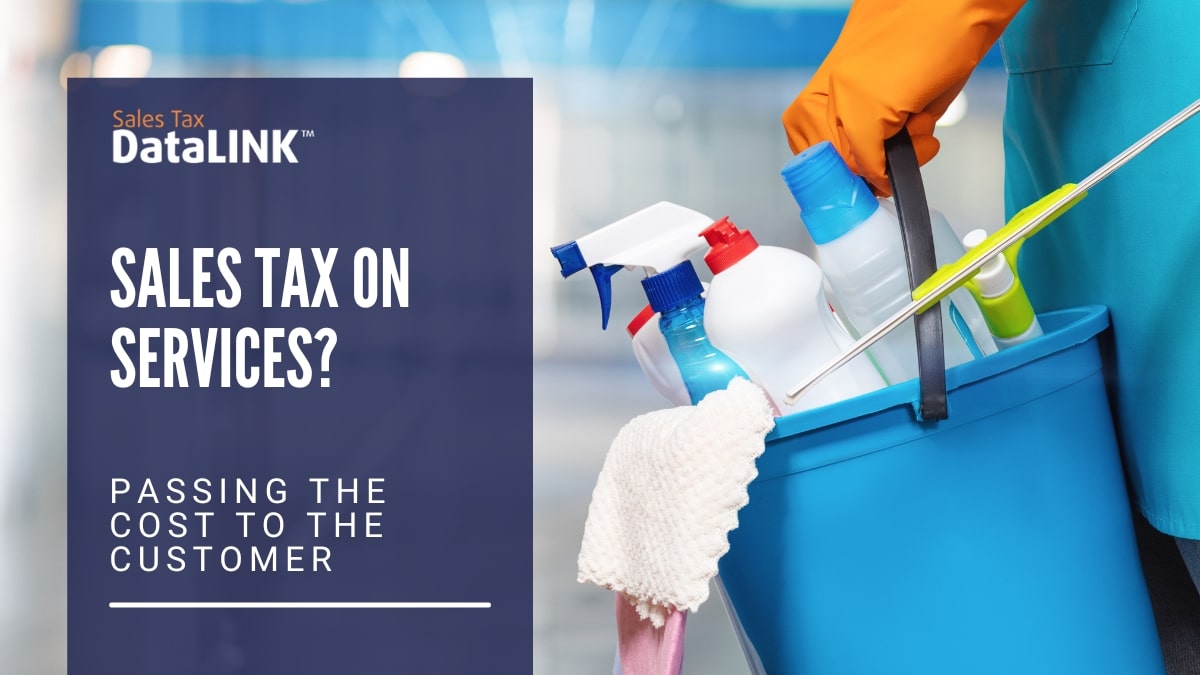Sales Tax on Services?
Back in the 1930s when state sales taxes were established, shopping was fairly simple, and it was quite separate from buying services.
Your great-grandparents would go to the grocer to buy food and take away bags of tangible goods. Same at the hardware store or the haberdasher or the bookstore. Services could come in the form of a shave and a haircut at the barber shop or a ride in a cab, but many services were hired rather than bought. Household help, a handyman, a bellboy, or a waitress were common examples of service workers.
That’s a far cry from Netflix and Spotify.
Not only do modern consumers spend a lot more on services than people did in the 1930s when getting a Brazilian on your lunch hour was really not a possibility, but many of the services we use have digital products at their core. This makes it even harder to distinguish between goods and services, but states may find it easier to tax the services than to tax the digital goods.
On the other hand, businesses buy even more services than consumers do. In fact, businesses increasingly pay for services instead of hiring employees, with everything from building maintenance to medical transcription outsourced to services nowadays. The wholesale vs. retail distinction isn’t built into the sale of services as it is built into the sale of goods. So businesses might find themselves having to pay taxes on the services they use and passing those costs on to their consumers… who may also be paying sales tax on the services they buy from those businesses.
In such cases, where pyramiding can easily become a real problem, a VAT tax arrangement might be fairer to the end consumer. Economists looking at this question have tried to predict the actions taxpayers — whether businesses or consumers — might take in response to a tax on services and the resulting higher prices.
Businesses might choose to move more tasks in-house rather than paying for services, which could be a blow to the industries providing those services. The proliferation of small companies offering business services has helped other small businesses manage even though they can’t hire an in-house lawyer, marketer, or janitor. Failure of these local services could therefore have effects beyond just those services. And, since service jobs are an increasingly large proportion of the jobs available in the U.S., consumers who choose to curtail services in favor of at-home DIY could cause ripples in the economy as well. History shows that adding taxes to services tends to result in a lot of changes, too, as industries lobby for exemptions and court cases fine-tune the definitions of sale tax regulations.
If you’re responsible for sales tax compliance at your company, you might be thinking of the added complexity as all these changes take place. If so, you’ll be happy to know that SalesTaxDataLINK can help. Our solutions stay up to date, no matter how complicated sales tax gets.




